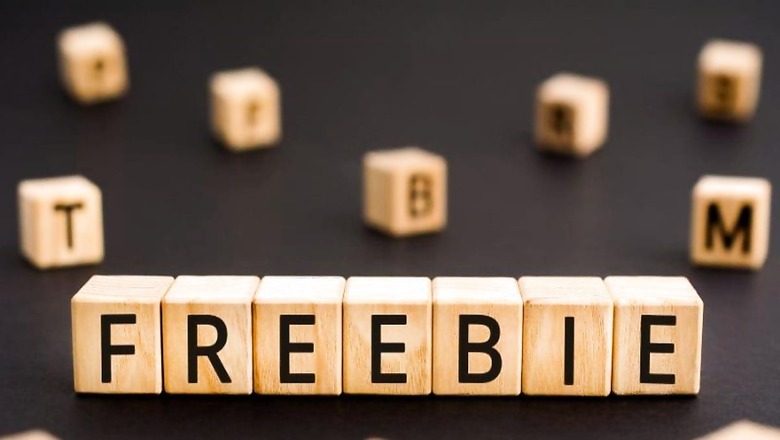
views
In 1932, Lionel Robbins wrote an essay, ‘An Essay on the Nature and Significance of Economic Science’ (the 1935 version is more familiar). I suspect that essay is rarely read now, though it is still worth a read. But every entry-level student of economics knows the Robbins definition of Economics. “Economics is the science which studies human behaviour as a relationship between ends and scarce means which have alternative uses.” Elsewhere in the essay, “The economist studies the disposal of scarce means.” Precisely. Had means or resources been unlimited, there would have been nothing worth studying.
The key to the discipline is the opportunity costs of resources and the trade-off. To use the example made famous by Paul Samuelson, does society spend on guns, or does it spend on butter? Samuelson’s first name reminds me of another famous quote from a George Bernard Shaw book, Everybody’s Political What’s What?, published in 1944. It’s a bit of a cliched quote. “A government which robs Peter to pay Paul can always depend on the support of Paul,” Shaw said this in the context of inflation, when debtors (with debt fixed in nominal terms) benefit. Clearly, Shaw liked the name. In that book, he alludes to Tsar Paul (Russian Emperor from 1796 to 1801) several times.
But Shaw did not coin the Peter-Paul example. It figures in Kipling’s 1919 poem, “The Gods of the Copybook Headings”. “In the Carboniferous Epoch, we were promised abundance for all, by robbing selected Peter to pay for collective Paul.”
Both Peter and Paul were apostles and there is a natural alliteration in using the names together. According to folklore, the expression has to do with the church of St Peter at Westminster (now Westminster Abbey). In 1540 this became a Cathedral. But when the Diocese of Westminster was dissolved in 1550, it stopped being a Cathedral and its assets were used to rebuild Saint Paul’s Cathedral. This sounds like a plausible explanation.
Surely, that business about opportunity costs is obvious. To tell us that, why do we need the discipline of economics? By the way, there is plenty of economics in something like The Hitchhiker’s Guide to the Galaxy. Serious stuff, not only the flippant “Magrathea (an ancient planet) is a myth, a fairy story, it’s what parents tell their kids about at night if they want them to grow up to become economists.”
In defence of my profession, we need economists (and the discipline), not because they provide conclusive answers to any problem, but because of the way they approach a problem. They list out the costs and benefits (both of which might be imperfectly understood if you depended only on common sense) of alternative choices. In the process, economists often have the long-term in mind, notwithstanding wisecracks about the long-run quote by Keynes, usually quoted by people who haven’t read A Tract on Monetary Reform, written by John Maynard Keynes in 1923. The cliched quote is from this tract and unless one reads the complete tract, one doesn’t necessarily get the context. To return to the point, Peter may be the future generation and Paul the present generation. Decisions may lead to robbing the future to pay for the present.
This trade-off is always relevant. It becomes especially relevant at this time of the year. The Union Budget for 2024-25 is in the offing and typically, State Budgets follow suit. Some elements of revenue and expenditure are frozen (exogenously determined) in the short term for both sets of Budgets, but not all. What’s done through a Budget, for items where there is choice, has that trade-off. In an indirect democracy, Budgets reflect the will of the people through legislatures.
In Kohima cemetery, there is a famous epitaph, composed by John Maxwell Edmonds. “When you go home/Tell them of us and say/For your tomorrow/We gave our today.” It’s a beautiful epitaph. But such sacrificing of a person’s today for someone else’s tomorrow only occurs in exceptional circumstances, wars, freedom movements and so on. Rarely is altruism a human trait, even rarer when money matters are concerned. Individually, we understand the trade-off between today and tomorrow. That’s the reason we don’t consume today and save up for a rainy day, or for when we will get old, or for my progeny. Then, along comes an economist with an argument that the capital expenditure multiplier is greater than the revenue expenditure multiplier and that the revenue expenditure multiplier is greater than a tax reduction multiplier. That won’t necessarily resonate.
Better roads, railways and airports may help enhance the productive potential of the economy. I do appreciate the need for that, but let someone else pay for it. I want a reduction in taxes right now. This is a bit like the fable about a king who wanted to fill a pond with milk. He asked every citizen to contribute a glass of milk. They did. However, each thought others would bring the milk and he/she brought a glass of water instead. The pond was filled with water, no milk.
Economists will couch this in fancy game theoretic terms. But this is the essence of freebies and populism, also encountered during the recent elections. We do get the economy we deserve.
The author is the chairman of the Prime Minister’s Economic Council and a well-known Sanskrit scholar. Views expressed in the above piece are personal and solely those of the author. They do not necessarily reflect News18’s views.










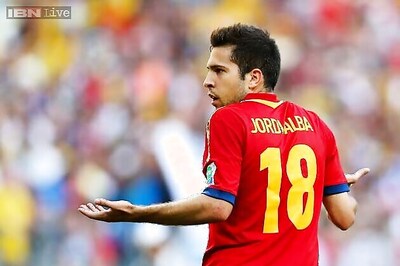
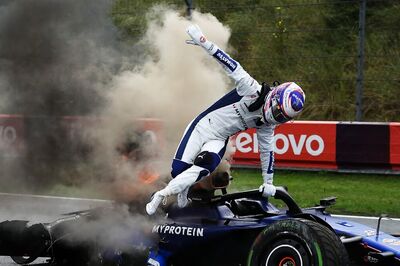
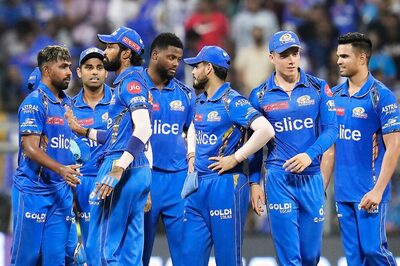
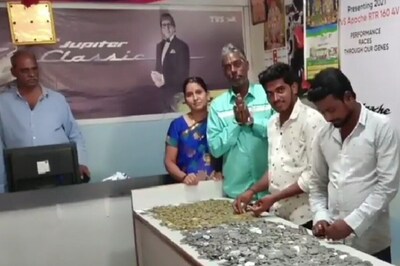




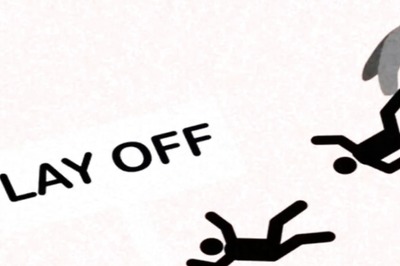
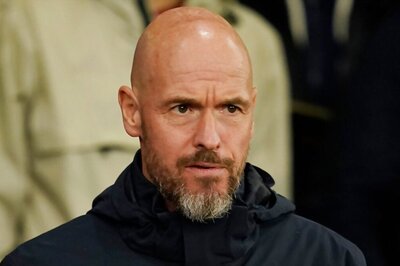
Comments
0 comment